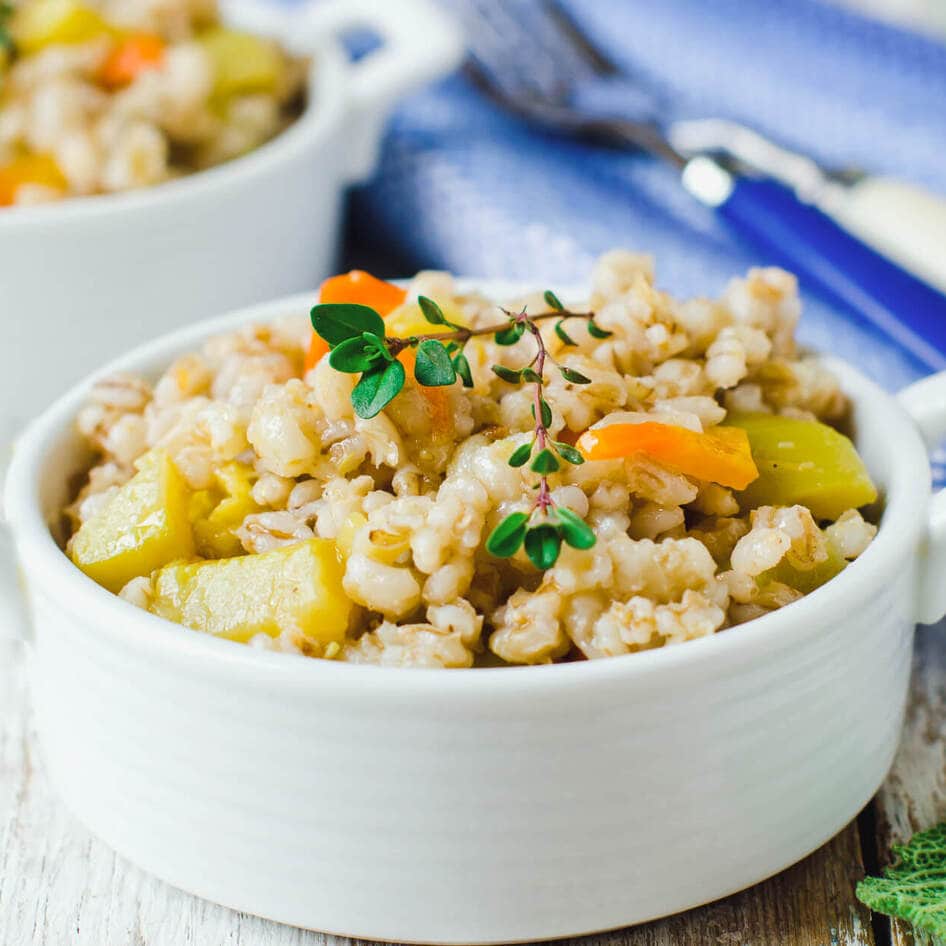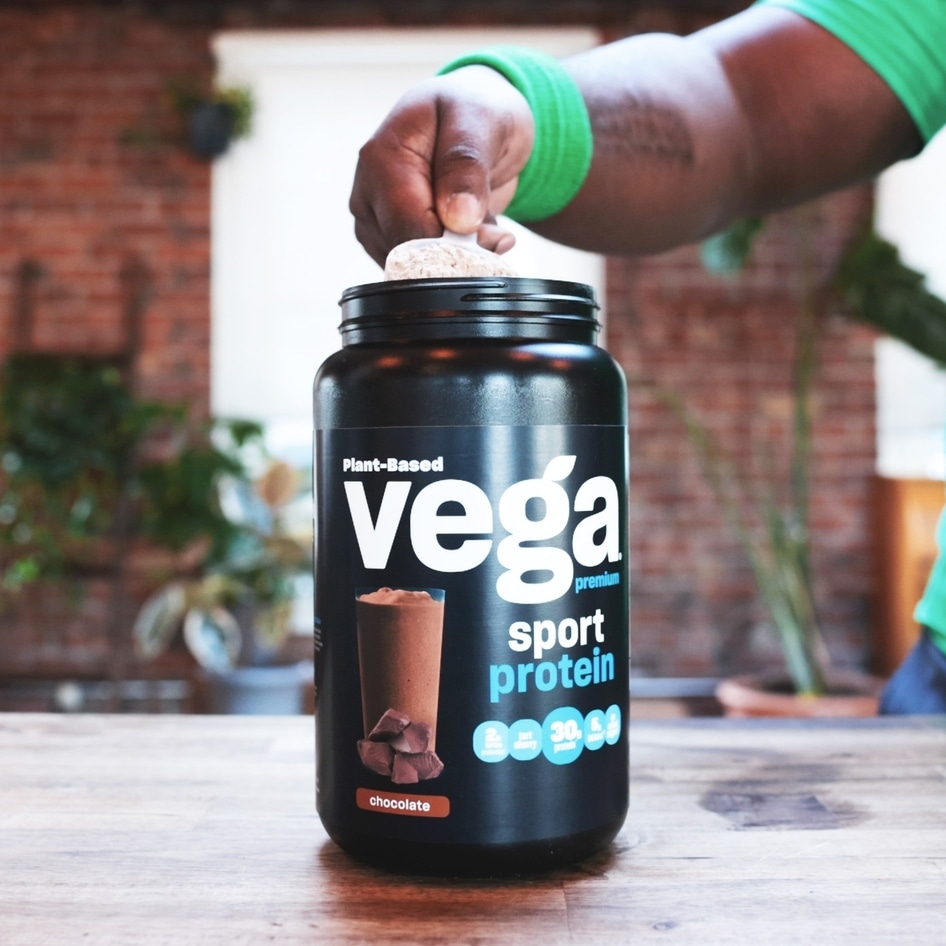If you’re working toward a fitness goal, getting stuck with an injury can feel like a frustrating setback. But alongside things like physiotherapy and rest, focusing on nutrition may also help to support your recovery. We spoke with Nichole Dandrea-Russert, MS, RDN—the author of The Vegan Athlete’s Nutrition Handbook and the founder of plant-based wellness platform Purely Planted—to gather some of the best vegan nutrition tips for sports injury recovery. But first, what causes injuries in the first place?
What causes sports injuries?
Sports injuries can be caused by many different factors. For example, not having the right supportive gear or not using the correct techniques can lead to injury. But overtraining can also strain your body and so can undernutrition. “If athletes don’t consume enough calories to support training loads and recovery, then they’re likely not getting enough essential nutrients to prevent injury,” says Dandrea-Russert.
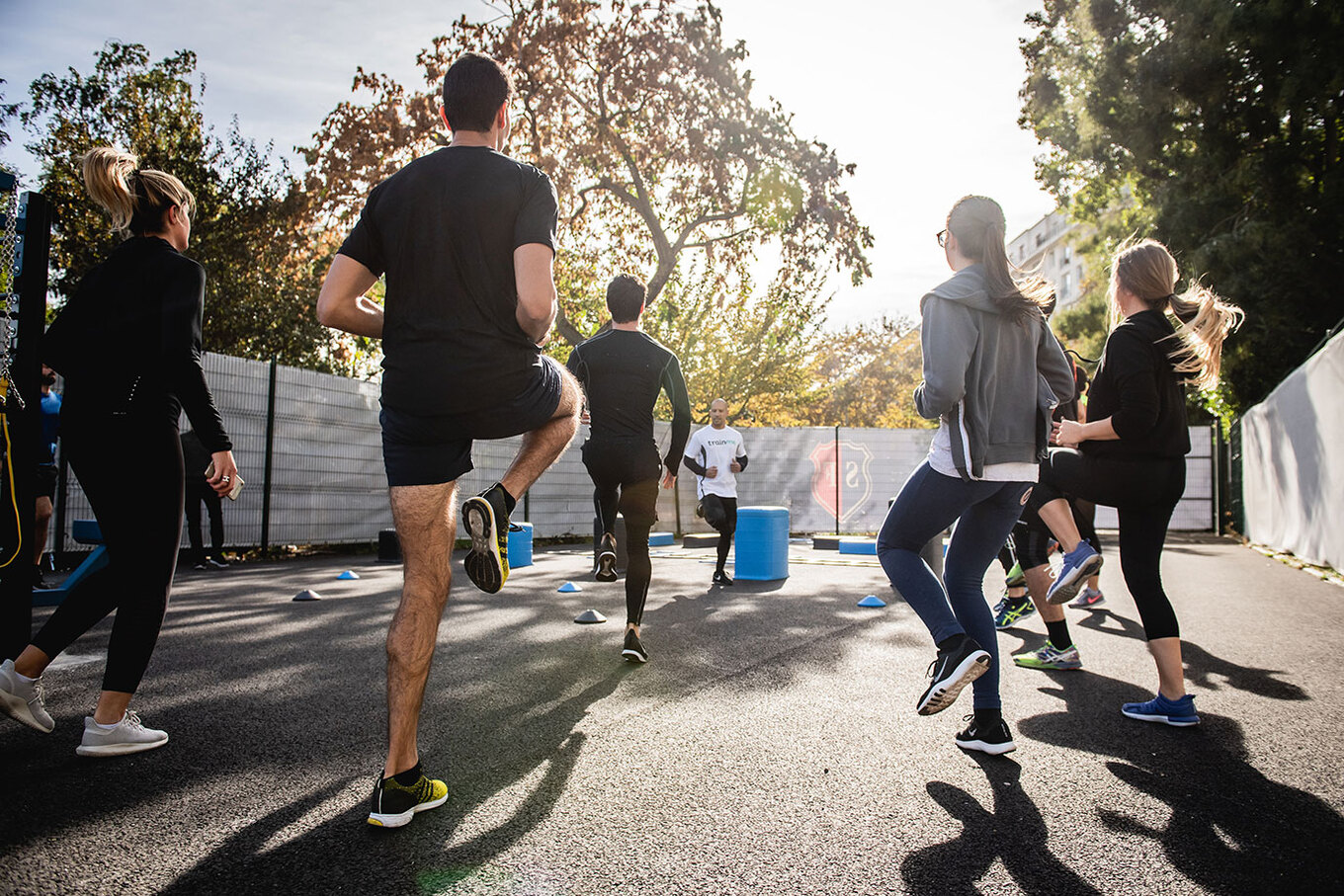 GabinVallet/Unsplash
GabinVallet/Unsplash
But it’s not just the amount of calories that may lead to injury or result in a longer injury recovery time. According to Dandrea-Russert, it’s also important to focus on eating the right foods. “If an athlete consumes ultra-processed food that contains inflammatory ingredients like ultra-refined oils, sugars, and flours, and is devoid of vitamins, minerals, and anti-inflammatory phytochemicals, they won’t recover from training as well and may be more susceptible to injury,” she explains.
The best vegan nutrition tips for sports injury recovery
So what’s the right way to eat when you’re trying to heal from or prevent an injury? The key is balance, and to focus on whole foods that are packed with nutrients. Read on for Dandrea-Russert’s top nutrition tips.
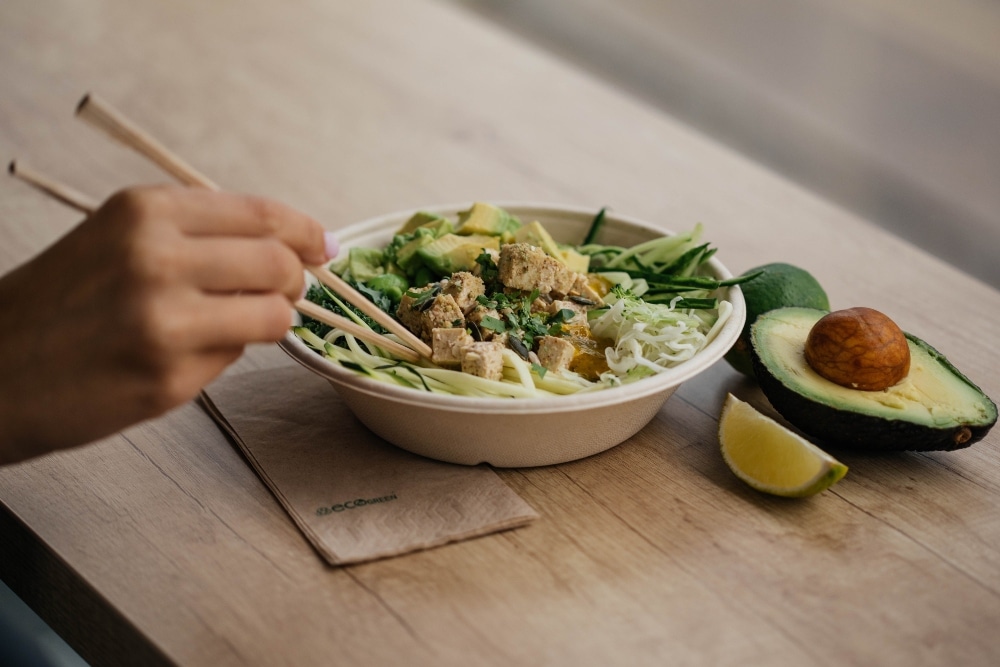 Pexels
Pexels
1Consume plenty of carbs and protein
Working out places a lot of strain on the muscles, and it’s normal to feel a few aches and pains after a workout. But if you’ve injured or pulled a muscle, it’s important to get plenty of rest before you head back out to train again. While you’re resting, focus on getting enough carbohydrates and protein in your diet, too.
“To replenish depleted carbohydrate stores and repair muscle tears that can occur during training, it’s essential that athletes consume carbohydrate and protein-rich plant-based foods,” notes Dandrea-Russert.
It’s important that recovering athletes try to focus on the whole food sources of these nutrients. “Consuming whole grains like barley, buckwheat or brown rice will provide more fiber, B vitamins, and phytonutrients compared to refined grains, like white rice or bread made with white flour,” the dietitian adds.
For protein, look to foods like beans, peas, lentils, tofu, nuts, seeds, and tempeh. Unlike meat and dairy sources, these foods are also packed with anti-inflammatory phytonutrients and fiber. “When thinking about protein, it may be helpful to think about the whole package,” says Dandrea-Russert.
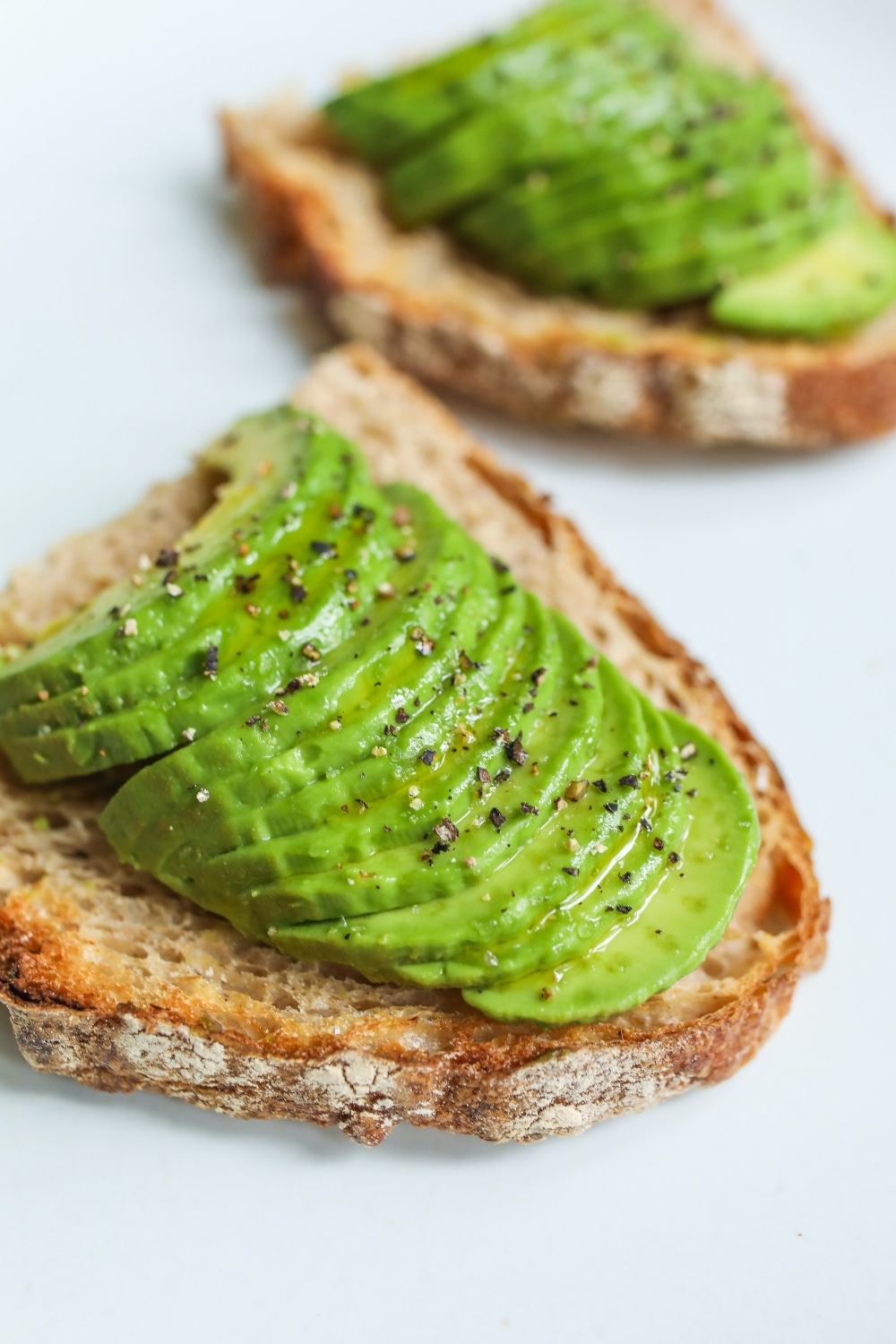 Pexels
Pexels
2Opt for healthy fats
While it may be helpful to stay away from saturated fats during your fitness journey, it’s important to keep up your intake of polyunsaturated and monounsaturated fats, which are actually healthy for our bodies.
While fish is often associated with healthy fat content, there are also plenty of plant-based foods that are rich in these nutrients. Look for nuts and seeds, in particular. “Including healthy fat in the form of avocado, tahini, nuts, or seeds is helpful in supporting training caloric loads and hormone synthesis, which can support bone health,” adds Dandrea-Russert.
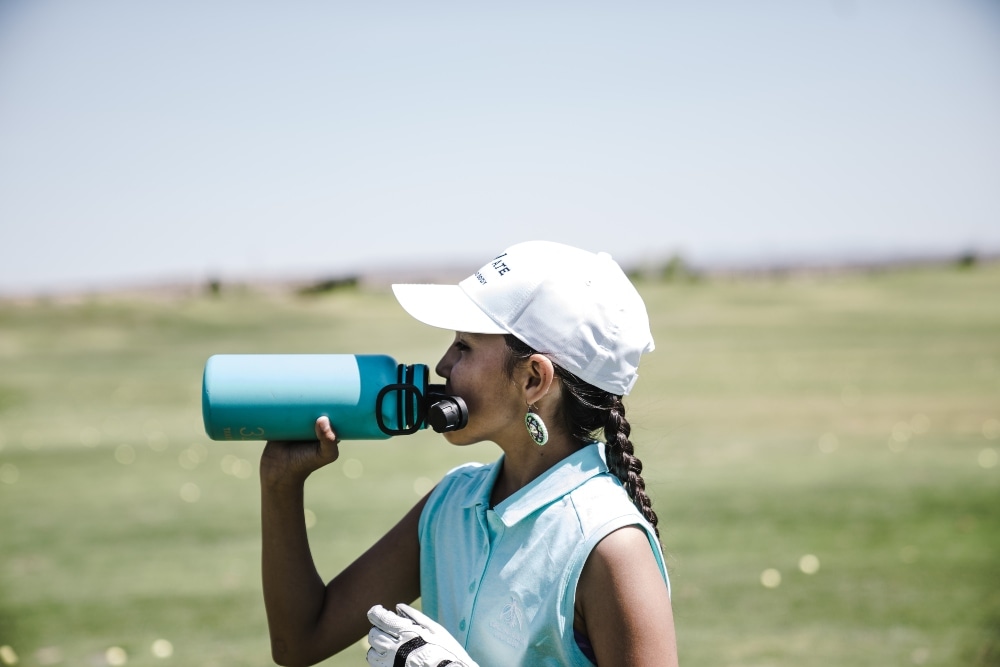 Pexels
Pexels
3Stay hydrated
Another tip from Dandrea-Russert is to stay hydrated. This, of course, goes for everyone, whether you’re in training or not, but it’s particularly important when you’re trying to get over an injury. This is because water helps to relieve things like muscle soreness, but it also helps to flush out toxins, as well as transport nutrients into our cells. So make sure that reusable bottle is nice and full!
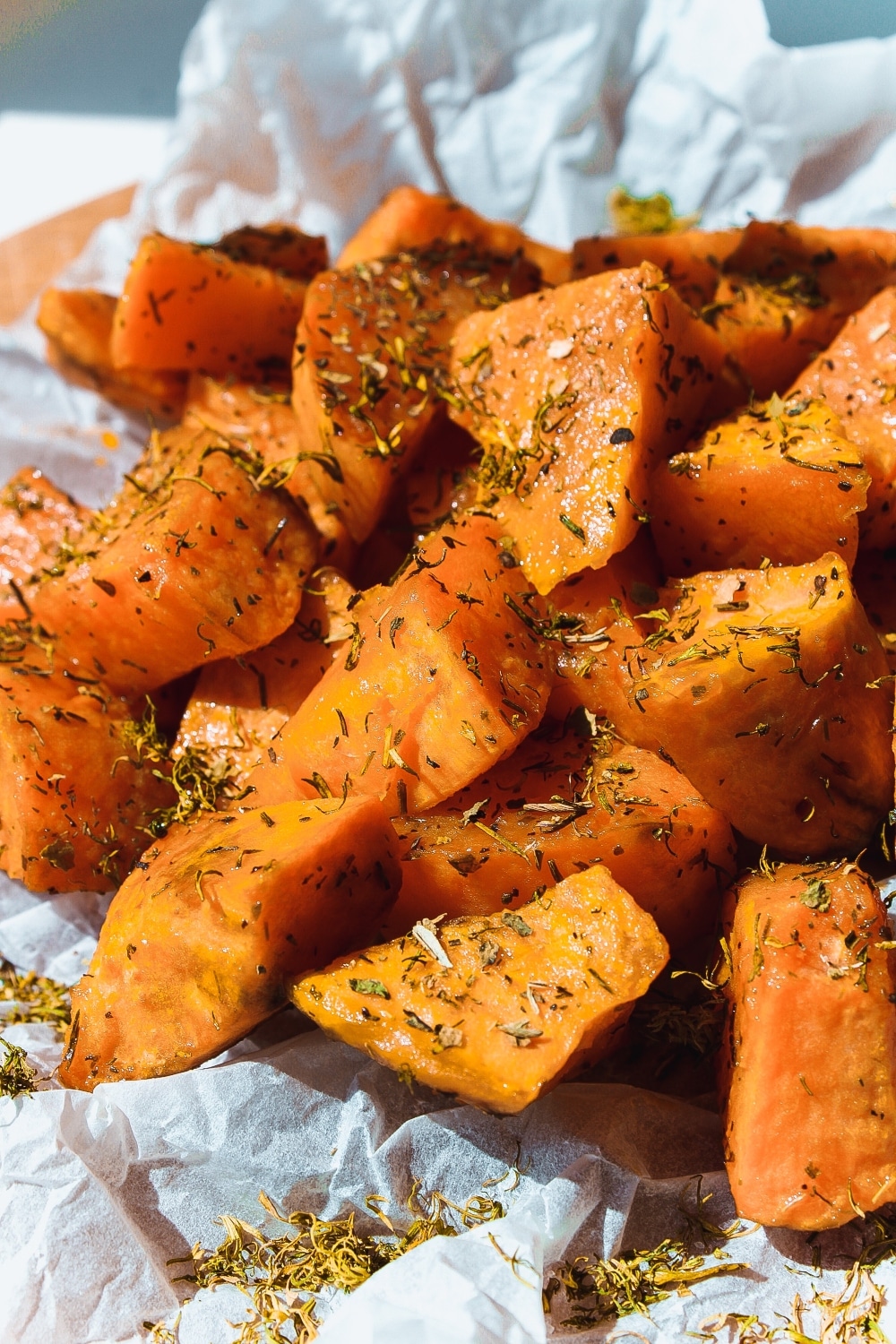 Pexels
Pexels
4Opt for phytonutrient-rich foods
Again, phytonutrients can benefit everyone, and that’s because they act like antioxidants in the body, tackling the harmful free radicals that can cause damage to our cells. But when you’re trying to heal from a sports injury, it’s particularly beneficial to make sure you’re consuming enough.
“Many phytochemicals, otherwise known as phytonutrients, in plant-based foods act like antioxidants, fighting inflammation, similar to vitamin C and vitamin A (found as carotenoids in plant-based foods),” says Dandrea-Russert. “Foods rich in phytonutrients, vitamin C, and carotenoids include dark leafy greens, sweet potatoes, and other orange and yellow plant-based foods.”
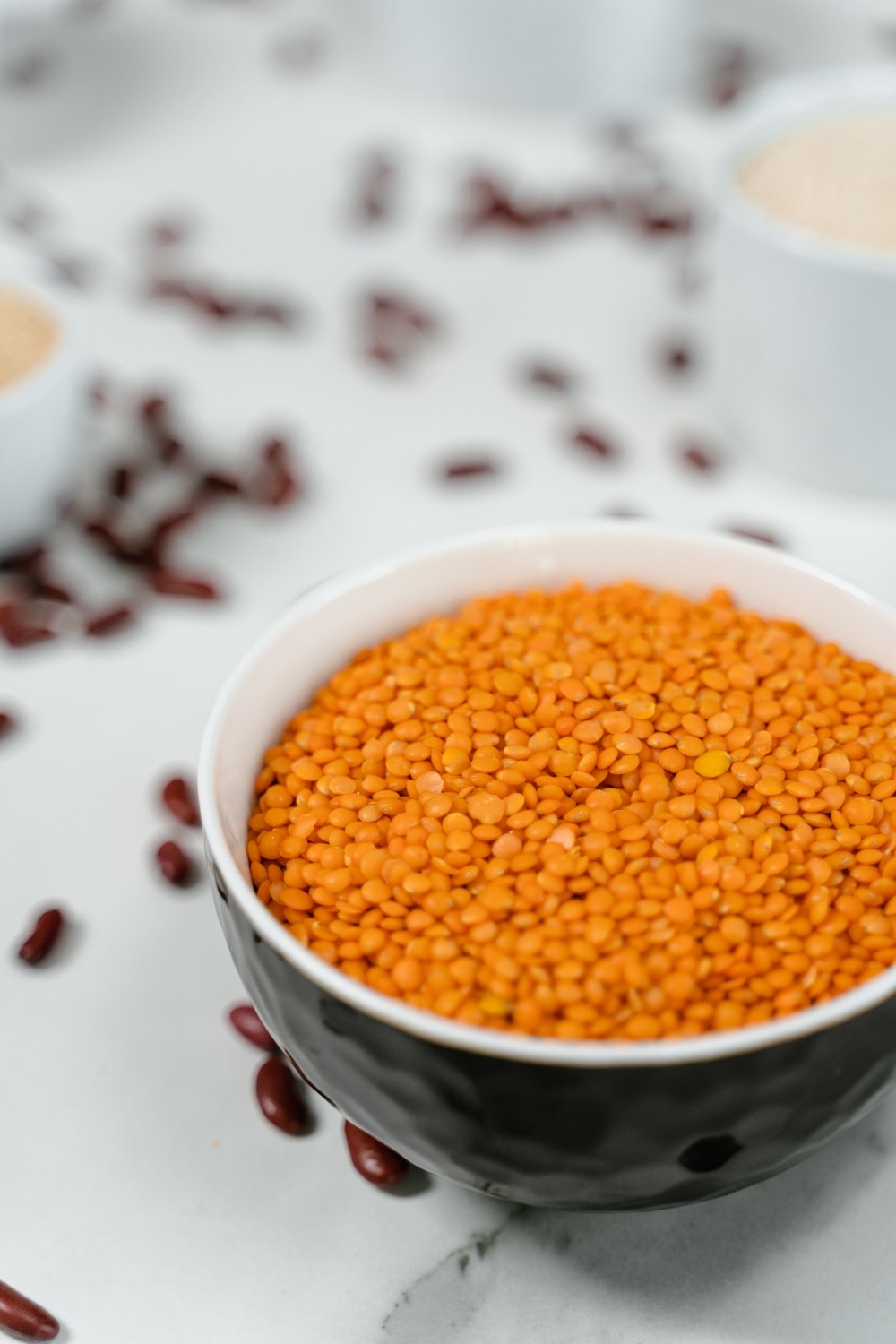 Pexels
Pexels
5Support collagen production
Collagen is a protein naturally produced by our bodies, which provides structure and strength to our skin, muscles, connective tissue, and bones. As we get older, our natural collagen production starts to slow down, but it is possible to nurture this production through food. Again, this is particularly important during injury recovery, given collagen’s role in providing support and strength to our muscles and bones.
“Collagen-supporting nutrients can support bone, tendon, joint, and connective tissue health,” explains Dandrea-Russert. “These include protein, vitamin C, copper, zinc, iron, and vitamin A. Again, consuming a variety of whole plant-based foods can support collagen. Add beans, lentils, peas, sweet potatoes, leafy greens, nuts, seeds, and a rainbow of fruits and vegetables to your plate.”
For more exercise and nutrition tips, read:
JUMP TO ... Latest News | Recipes | Guides | Health | Subscribe




